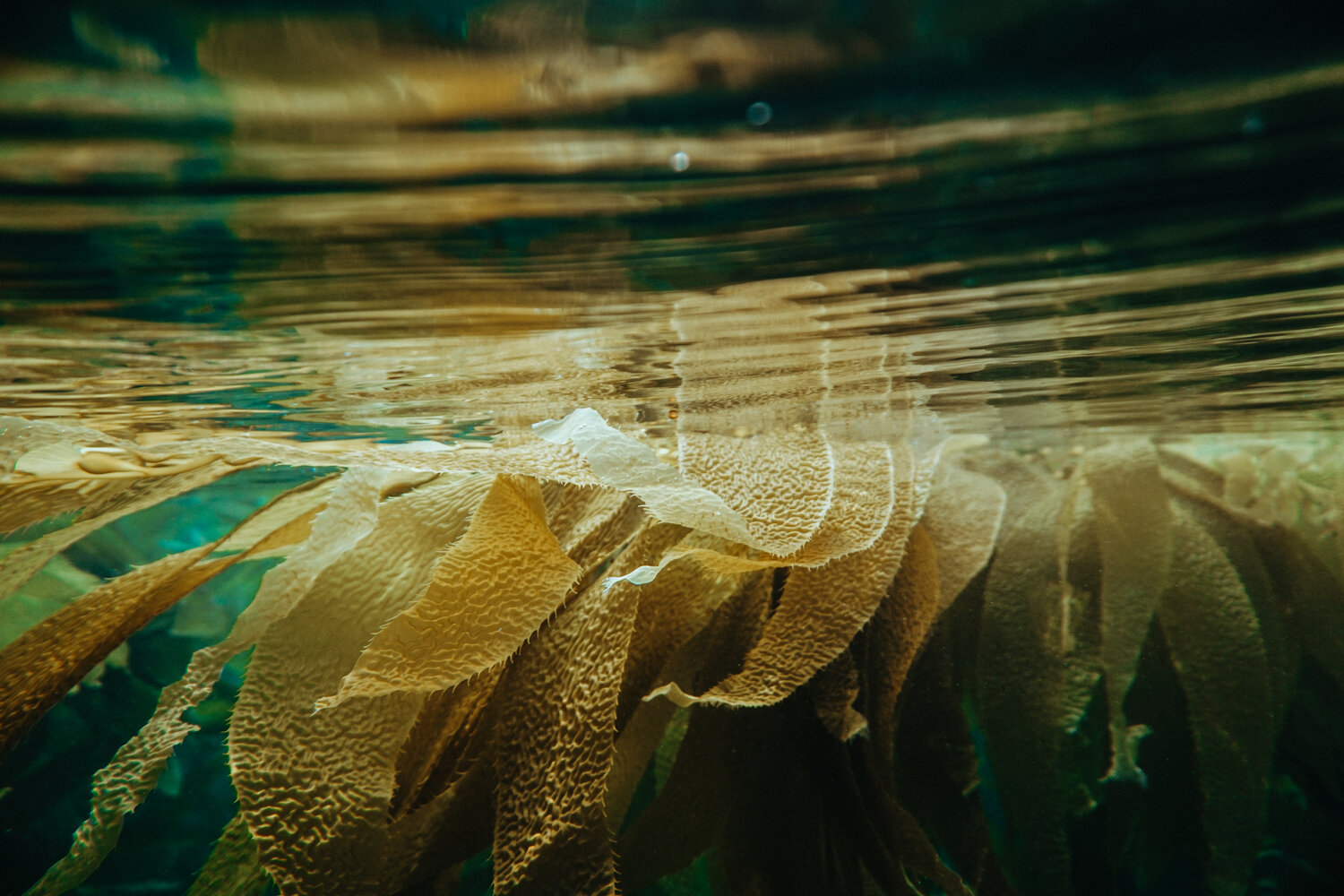
When it comes to global-scale issues, it’s often the small, localized problems that spur people to action.
While the often-dire rhetoric of the climate crisis is a powerful driver of green technology, it was the visual blight of pollutants floating in the shore waters off their favorite Dutch beach that caused two intrepid Hollanders to try and do their part.
Nikki Spil and Sjoerd Laarhoven, residents of IJmuiden, regularly watched runoff tumble out of the factory on one side of the IJmuiden harbor before drifting across to the pristine beach so often enjoyed by citizens of The Netherlands.
“If you’re constantly in this area, you can literally see the pollution float by”, Nikki told MaatschapWij. “Especially on stormy days there is no way around it. Sjoerd and I wondered whether there was anything we could do to tackle this problem.”
Now, across from the smoke-belching chimneys of the Tata Steel factory, Nikki and Sjoerd farm seaweed at their Sea Farm Ijmond, as a simple, nature–based answer to the pollution drifting toward their beach.
Reports like the one published in July that produced a model showing that mankind can combat the worst of CO2 emissions by planting a trillion trees makes it seem like they are the optimal flora for the job.
“People often think that trees can provide the world with the biggest amount of oxygen, but actually it’s the algae,” says Nikki. “They’re the lungs of the Earth.”
Seaweed is also a natural filter of pollutants, and is used as a treatment in chelation therapy for patients with heavy metal poisoning. Nikki and Sjoerd deliberately chose to create Sea Farm Ijmond in an area where it could clean their local harbor, even though their seawead might grow better elsewhere.
Seaweed, if dried and rendered properly, can also be used to replace plastic for many common household items. Good News Network reported on the efforts of some Dutch scientists trying to bring seaweed plastics to market on a wider scale—and, Nikki and Sjoerd are providing their harvest as a resource.
Designers Eric Klarenbeek and Maartje Dros developed the bioplastic to replace synthetic plastics, using their dried algae which can be turned into a material that can then be used in 3D printers to create plastic items from trash cans to tableware and shampoo bottles.
They have partnered with a number of other companies producing bio-polymer to create a network known as 3D Bakery. They hope that – instead of buying products from large multi-national companies – one could simply walk down the street and “bake” some replacement items, whether it be cups, plates, flower vases, or tables.
While Nikki and Sjoerd’s seaweed farm is still small, come harvest time the aquatic plant is shipped off to a refinery in the town of Petten.
“There they purify it and turn it into a natural fertilizer. The rest is being prepared for bioplastic as we speak,” said Nikki.
Full Link to Article Here:
https://www.goodnewsnetwork.org/dutch-seaweed-farm-tackles-climate-change-while-cleaning-water/